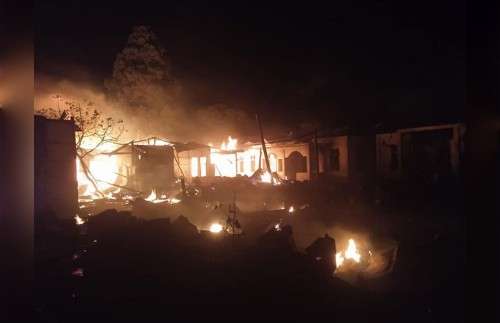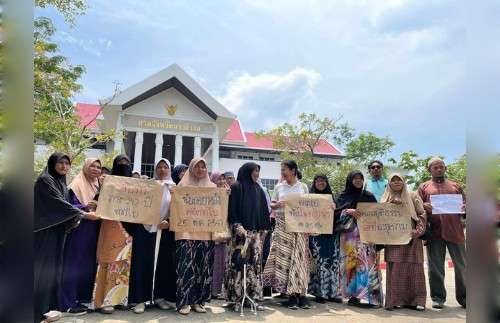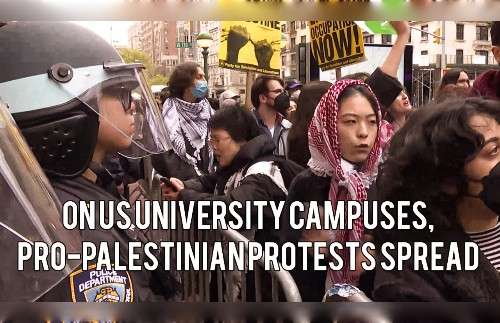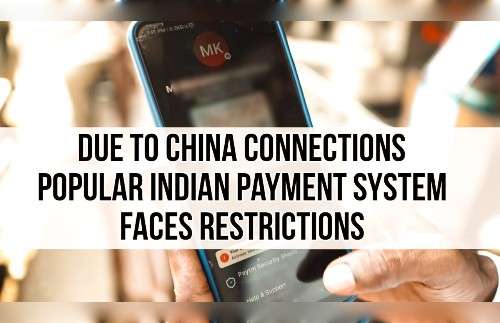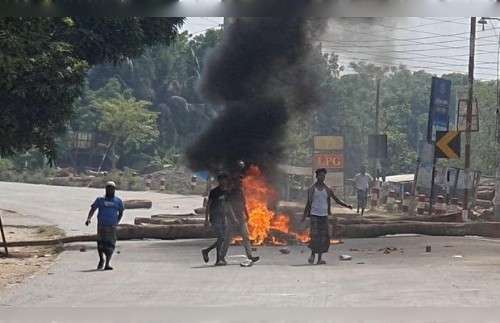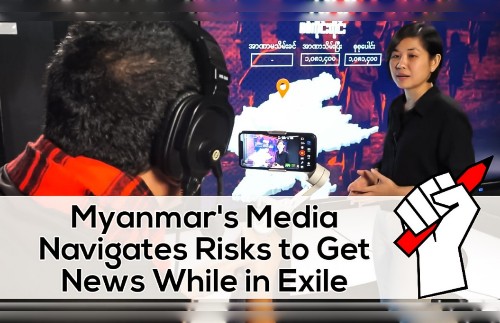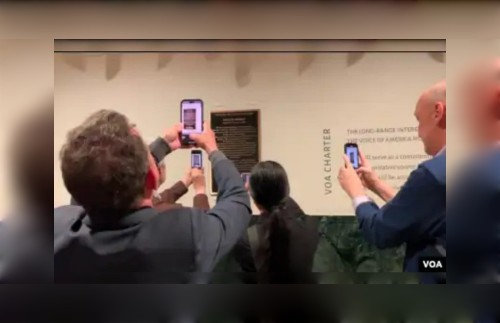Reporters Without Borders (RSF) shows that without the authorities’ control and censorship, the Chinese media would have informed the public much earlier of the severity of the coronavirus epidemic, saving thousands of lives and possibly avoiding the pandemic.
In an analysis published on March 13, researchers from the University of Southampton suggest that the number of coronavirus cases in China could have been reduced by 86% if the measures to combat the epidemic, taken in China from 20 January, had been anticipated by two weeks. In view of the chronology of the first days of the crisis, Reporters Without Borders (RSF) shows that, without the control and censorship imposed by the authorities, the Chinese media would have informed the public much earlier of the seriousness of the epidemic, saving thousands of lives and possibly avoiding the pandemic.
October 18: Chinese press reportedly relayed the freezing results of a pandemic simulation
The Johns Hopkins Center for Health Security, in partnership with the World Economic Forum and the Bill and Melinda Gates Foundation, conducted a simulated coronavirus pandemic on October 18, 2019 and alerted the international community to its freezing result: 65 million deaths in 18 months.
If the Chinese internet were not isolated by an elaborate system of electronic censorship and if the media were not forced to follow the instructions of the Communist Party, the public and the authorities would no doubt have been interested in this information from the States United and which echoes the SARS (severe acute respiratory syndrome) epidemic, which had caused more than 800 deaths and affected 8000 people mainly in China in 2003.
December 20: Wuhan City Authorities Reported to Journalists
On December 20 , one month after the first documented case, the city of Wuhan already had 60 patients with an unknown SARS-like pneumonia, several of whom frequented the Huanan fish market. Despite the situation, the authorities do not see fit to communicate this information to the media.
If the authorities had not hidden from the media the existence of an epidemic linked to a very popular market, the public would have stopped visiting the place before its official closure, on January 1.
December 25: Doctor Lu Xiaohong could have expressed her fears to the press
Doctor Lu Xiaohong, director of the department of gastroenterology of the hospital number 5 of the city of Wuhan, hears of cases of infection affecting the medical personnel from December 25 and suspects from the first week of January that the infection is that the infection is transmissible from human to human.
If journalists’ sources in China did not risk severe penalties ranging from professional reprimand to heavy prison terms, Dr. Lu Xiaohong would have taken responsibility for alerting the media, forcing authorities to act for three weeks sooner than they did.

December 30: the call of the whistleblowers doctors was reportedly picked up by the media
Wuhan Central Hospital emergency department director Ai Fen and a group of doctors launched the alert online on December 30. Eight of them, including Doctor Li Wenliang , who died after the illness, will be arrested by the police on January 3 for having circulated “false rumors” .
If, from that date, the press and social networks had been able to freely take up the information transmitted by whistleblowers, the public would have realized the danger and put pressure on the authorities to take measures limiting the virus spread.
December 31: social networks would have relayed the official alert in China
China officially alerts the World Health Organization (WHO) on December 31, but at the same time forces the WeChat chat platform to censor a large number of keywords referring to the epidemic.
Without censorship, the social network WeChat, which has a billion active users in China, could have allowed journalists to broadcast reports and prophylaxis advice contribputing to better compliance with the rules recommended by the health authorities.
January 5: the scientific press would have released the coronavirus genome earlier
Professor Zhang Yongzhen’s team at the Shanghai Public Health Clinical Center manages to sequence the virus as early as January 5 , but authorities seem reluctant to publish the genome sequence. On January 11, the day China confirms its first death due to the virus, the researchers leak information on open source platforms, which will cause the laboratory to be closed in retaliation.
If the Chinese authorities had played the transparency card, they would have immediately communicated the sequence of the coronavirus genome to the scientific press, allowing the international community to save precious time in its research for the development of a vaccine.
January 13: the international community would have anticipated the risk of a pandemic
The first case of coronavirus infection outside of China is listed in Thailand on January 13 on a Chinese tourist from Wuhan.
If, at that date, the international media had had full access to information held by the Chinese authorities on the scale of the epidemic, it is likely that the international community would have taken stock of the crisis and better anticipated the risk. a spread of the epidemic outside of China, possibly preventing its transformation into a pandemic.
China ranks 177th out of 180 in the 2019 RSF World Press Freedom Index .
Copyright ©2016, Reporters Without Borders. Used with the permission of Reporters Without Borders(RSF), CS 90247 75083 Paris Cedex 02 https://rsf.org
Myanmar Junta Attack on Hospital Kills 4, Many Injured
To Tackle Militant Attacks,Nigeria Considers Introduction of State Police Across the Country
2 Decades on, Families of Tak Bai Incident Victims Seek Justice
On US University Campuses, Pro-Palestinian Protests Spread
Hong Kong’s Tech City Will Destroy Key Wetland for Birds: Experts
Due to China Connections,Popular Indian Payment System Faces Restrictions
Tensions High in Bangladesh District After Muslims Killed Over Hindu Temple Fire
As Boat Tragedy Shows Dangers of Crossing, UN Criticizes Britain’s Rwanda Migrant Law
Subscribe Our You Tube Channel
Fighting Fake News
Fighting Lies





